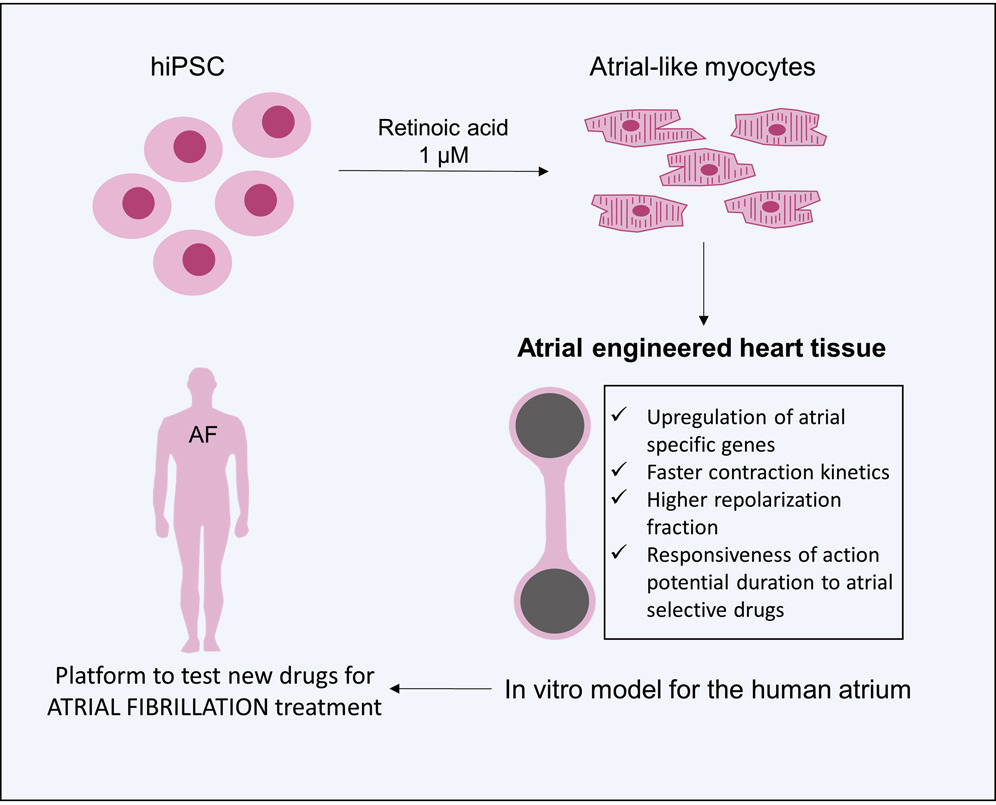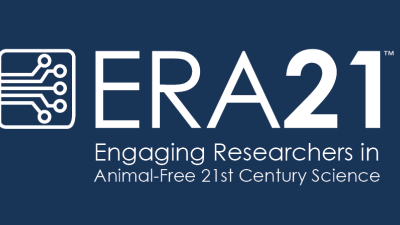A New 3D Human Atrium Model: A Fresh Take on Atrial Fibrillation Research
Study in a Sentence: Researchers used atrial cardiac muscle cells generated from human-induced pluripotent stem cells to engineer right atrial heart tissue as a 3-D model of the human atrium. This model, which is proving to be more human relevant and has the capability to respond to pharmaceuticals, is under consideration for its suitability as a model in preclinical drug development.
Healthy for Humans: More than 33 million people worldwide suffer from atrial fibrillation, with the prevalence expected to double over the next decade. Yet the two most common forms of treatment are not always effective and can have serious adverse effects. This model offers a more physiologically applicable environment that allows the monitoring of heart functions, like force, pacemaking activity, contractions, and cardiac electrophysiology.
Redefining Research: Unlike other heart tissue models, this system uses retinoic acid in the differentiation of induced pluripotent stem cells into atrial-like muscle cells, which aids in the regulation of heart morphogenesis. The results of this study show that the addition of retinoic acid prompted an atrial-like pattern of gene expression and exhibited functional properties seen in human atrial tissue, which may be valuable in preclinical drug development and screening for novel treatments for atrial fibrillation.









